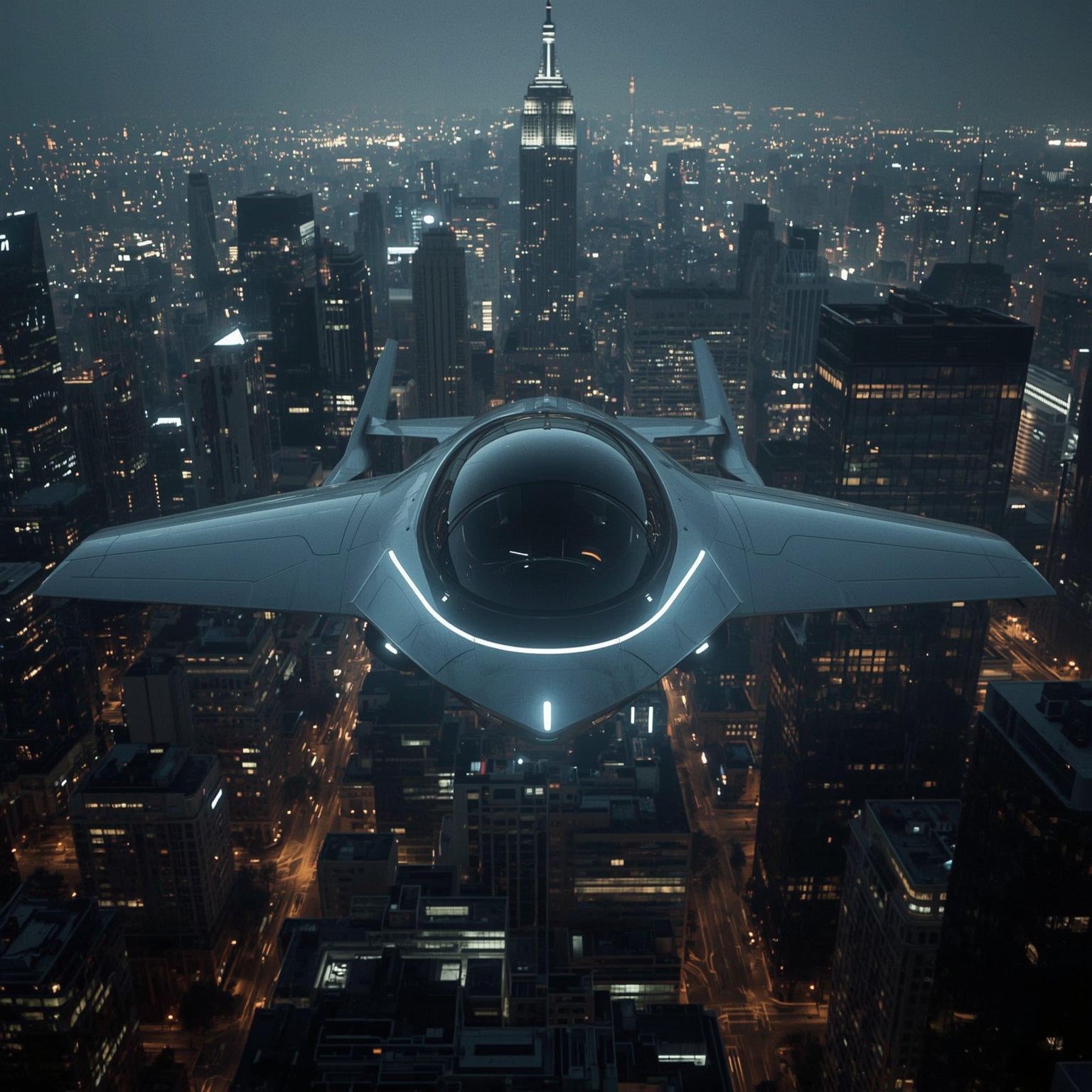Hyundai Motor Group’s ambitious electric air taxi venture, Supernal, has entered a period of forced suspension, halting work on its aircraft program following a turbulent stretch marked by significant workforce reductions and the unexpected departures of both its chief executive officer and chief technology officer. According to individuals with direct insight into the company’s internal affairs, who requested anonymity due to the sensitive nature of the matter, the sudden leadership vacuum has left the project at a crossroads.
This disruption occurs at a particularly fragile moment for the company, as Supernal’s progress has, in practical terms, scarcely advanced beyond the earliest stages of flight experimentation. The company’s long-awaited technology demonstrator managed its inaugural test flight only earlier this year, representing a symbolic yet limited milestone in the broader development timeline. Although additional flights of the demonstrator were conducted thereafter, those exercises remained constrained in scope, as the startup still had not advanced to the critical benchmark of a fully untethered test before calling a pause. Despite these limitations, Supernal had publicly envisioned the launch of its first commercial air taxi service in 2028, a projection now clouded by uncertainty.
Leadership instability has compounded the company’s challenges. Just last week, Supernal formally announced the resignation of its CEO, Jaiwon Shin, a high-profile executive who had been the face of the project since its inception. In a parallel and less public development, the firm also parted ways with its CTO, David McBride, whose exit was confirmed privately by sources familiar with the situation. The Orange County Register was the first outlet to disclose both McBride’s departure and the suspension of the overall flight program.
In the wake of these leadership changes, the company provided limited public reassurance, stating to TechCrunch that newly installed interim leaders would carefully revisit and determine “the optimal timeline moving forward” for the venture’s path to commercialization. Notably, however, Supernal declined to provide an on-the-record comment regarding McBride’s exit, underlining the sensitivity of the moment.
The turbulence surrounding Supernal reflects broader volatility across the nascent electric vertical takeoff and landing (eVTOL) sector. Industry peers are experiencing divergent trajectories: some, such as Toyota-backed Joby Aviation, are securing high-profile partnerships, acquisitions, and funding that strengthen their positions; meanwhile, others, like the German eVTOL developer Lilium, have been forced to shutter operations entirely, highlighting the precariousness of the emerging mobility market.
Supernal itself, which was formally established as a distinct spinoff from Hyundai Group in 2021, has been navigating a series of internal upheavals even before the current crisis. In mid-2024, the company laid off dozens of employees, signaling contraction and instability well in advance of the executive exits. This followed earlier retrenchments, notably the abrupt closure of the company’s new Washington, D.C. headquarters at the end of 2023, an event previously uncovered by TechCrunch.
During this transitionary period, responsibility for day-to-day operations has fallen to David Rottblatt, the startup’s senior director of business development, who has stepped in as interim Chief Operating Officer. According to Hyundai, longer-term leadership plans involve installing seasoned executives with demonstrable expertise in business operations, who would be tasked with accelerating the group’s vision for advanced urban air mobility and guiding Supernal into a more sustainable phase of growth.
The suspension is particularly notable when measured against the ambitious promises made by the prior leadership team. The demonstrator’s initial test flight had long been championed by Shin as a key milestone; he had previewed its imminent debut at the 2024 Consumer Electronics Show, where the company unveiled a scaled concept vehicle meant to showcase its future design vision. At that same event, Shin had boldly emphasized Supernal’s intent to “push the limits of the technology.” Similarly, in August 2024, McBride told Vertical Mag that the demonstrator would serve as validation of Supernal’s capacity to not merely design but also physically construct an eVTOL aircraft ahead of commercialization by 2028. These earlier declarations now stand in stark contrast to the present moment of halted momentum.
This setback also resonates with Hyundai’s broader innovation portfolio, which has experienced similar turbulence in other futuristic mobility bets. In 2024, the conglomerate was forced to shore up funding for Motional, its autonomous vehicle subsidiary, after joint-venture partner Aptiv withdrew financial support. The restructuring that followed was severe, entailing the dismissal of approximately 40% of Motional’s workforce and culminating in the departure of its CEO, Karl Iagnemma. Taken together, these instances illustrate the recurring challenges Hyundai faces as it attempts to balance visionary projects with operational and market realities.
Overall, the combination of leadership disruption, halted development milestones, and broader industry volatility places Supernal’s future trajectory into serious question. Whether the startup can recover its momentum and meet its target of delivering a commercial eVTOL service by the end of the decade will depend not only on technological breakthroughs but also on the company’s ability to establish stable, capable leadership that can navigate the profound technical, financial, and regulatory obstacles that define this emerging field.
Sourse: https://techcrunch.com/2025/09/07/hyundais-evtol-startup-supernal-pauses-work-following-ceo-and-cto-departures/



